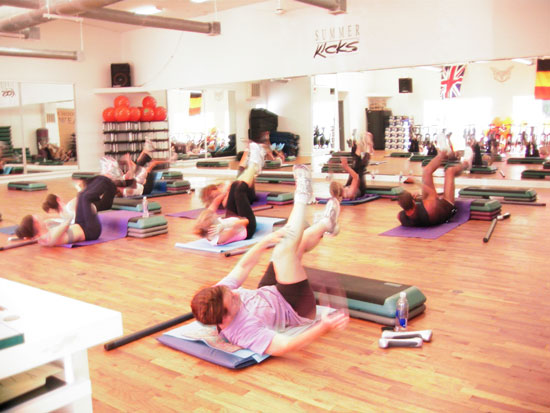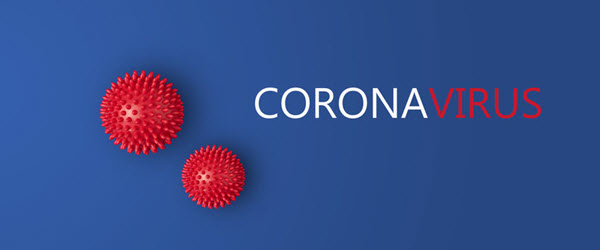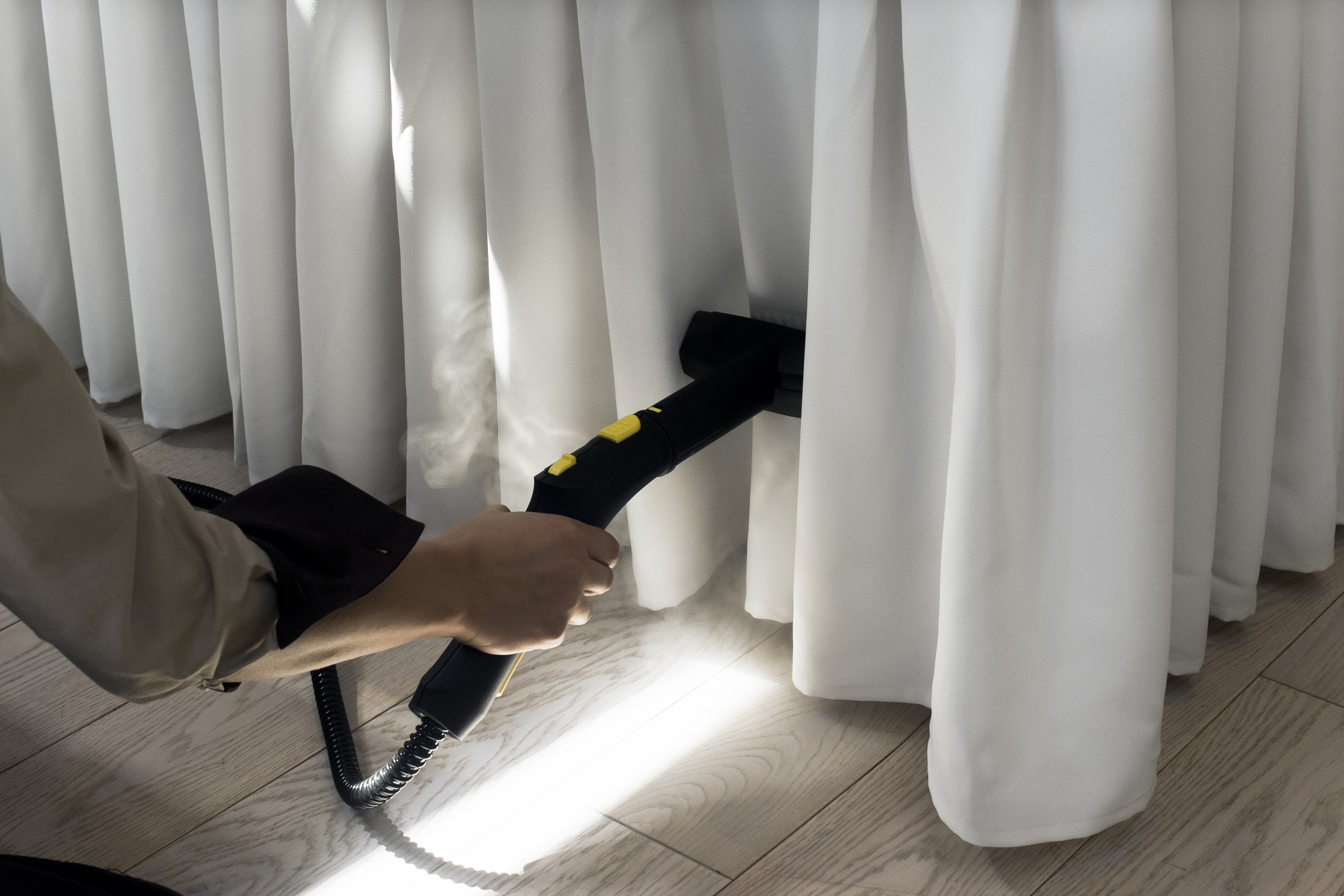“A lot of athletic apparel is synthetic, which is not anti-microbial,” says Jesica Brown, apparel buyer for Playmakers in Okemos. “When it gets old, it harbors bacteria and gets smelly. It’s hard to think that something you paid a good amount of money for isn’t going to last forever.”

You’ve been working out. You bought some really nice athletic apparel so you can keep your cool: a tech shirt, microfiber shorts, moisture-wicking socks, and maybe even breathable undies. There’s only one problem: You stink. No matter how well and how often you wash your workout clothes, they still smell faintly of wet dog.
Please don’t take it personally. It may help to know that you’re not the only one experiencing this annoying problem. There’s a reason workout gear starts to stink after several wearings. “A lot of athletic apparel is synthetic, which is not anti-microbial,” says Jesica Brown, apparel buyer for Playmakers in Okemos. “When it gets old, it harbors bacteria and gets smelly. It’s hard to think that something you paid a good amount of money for isn’t going to last forever.”
But, all (the money) is not lost. You can revive and refresh your current workout wardrobe. And, in the future, you can consider buying athletic apparel made with naturally anti-microbial fabric.
Stop the Stink

The solution: Special laundry detergent that promises to remove odor and restore the fabric’s performance. There are several products that make this claim including Sport-Wash by Penguin (penguinapparelcare.com), WIN detergent (windetergent.com) and ProWash (prowashdetergent.com).
How do the detergents work? They dig for the dirt. Most high-tech athletic fabrics are blends of spandex, polyester, Lycra and other synthetics. The fibers in synthetic fabrics have little nooks and crannies. The fabrics wick sweat away from the skin and the moisture and bacteria is trapped in the nooks and crannies, eventually causing odor. The bacteria and odor can’t be completely removed by regular detergents. In fact, regular detergents make the situation worse by leaving a residue of fragrance and fabric softener which traps more bacteria and odor. The residue can also decrease the fabric’s breathability and moisture control and, therefore, its performance.
In contrast, the detergents made especially for athletic apparel are able to remove trapped bacteria, odor and residue deposited by regular detergents. Some of these special detergents are residue-free and safe for the environment (Sport-Wash claims to contain no bleach, phosphate, fabric softener, brightener or scent).
Do they really work? Sport-Wash claims to completely remove odors. Brown says that many Playmakers customers have tried it and keep coming back for more. I tried it too, and it did an admirable job on all my running clothes except for one 100 percent polyester t-shirt from a 5K four years ago. I’m sold.
It’s also good to know that some synthetics can be recycled when they get past the point of no return in terms of odor. Patagonia has a program called Common Threads Garment Recycling for its baselayer apparel made out of Capilene® polyester as well as certain other fabrics (www.patagonia.com).
Apparel Alternatives Athletic apparel made from merino wool is another option. “It’s a natural fiber, it’s naturally antimicrobial and it moves moisture incredibly well,” says Brown, “It’s as good, if not better, than synthetics.”
In addition to being naturally odor-resistant, merino wool has exceptionally fine fibers and so it’s soft next to the skin. “Many people who can’t tolerate the scratchiness of regular wool will be pleasantly surprised by merino wool,” says Brown, who has well-worn workout wear made of merino wool that hasn’t harbored odors.
Ah, the sweet smell of success!
Karen Giles-Smith, MS, RD, is a registered dietitian and freelance writer based in Mason, Michigan. Visit her Web site atwww.TheWellnessWriter.com






